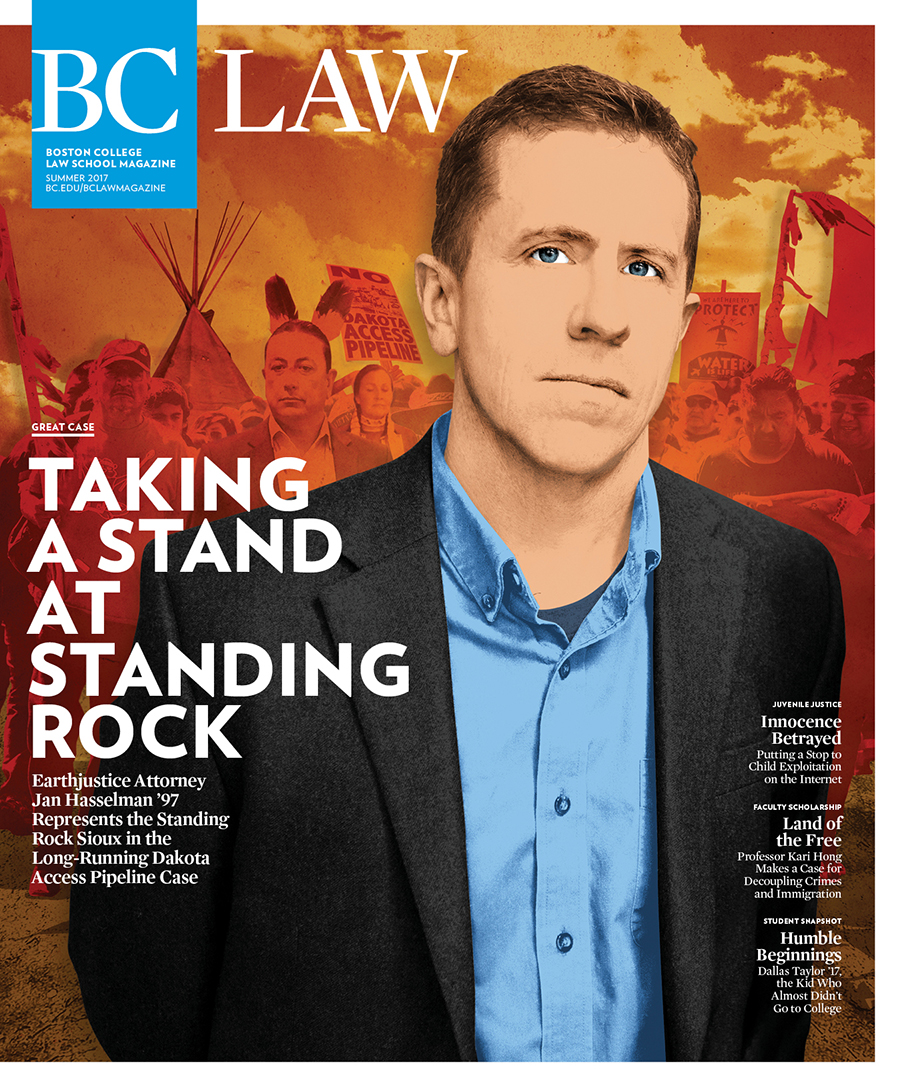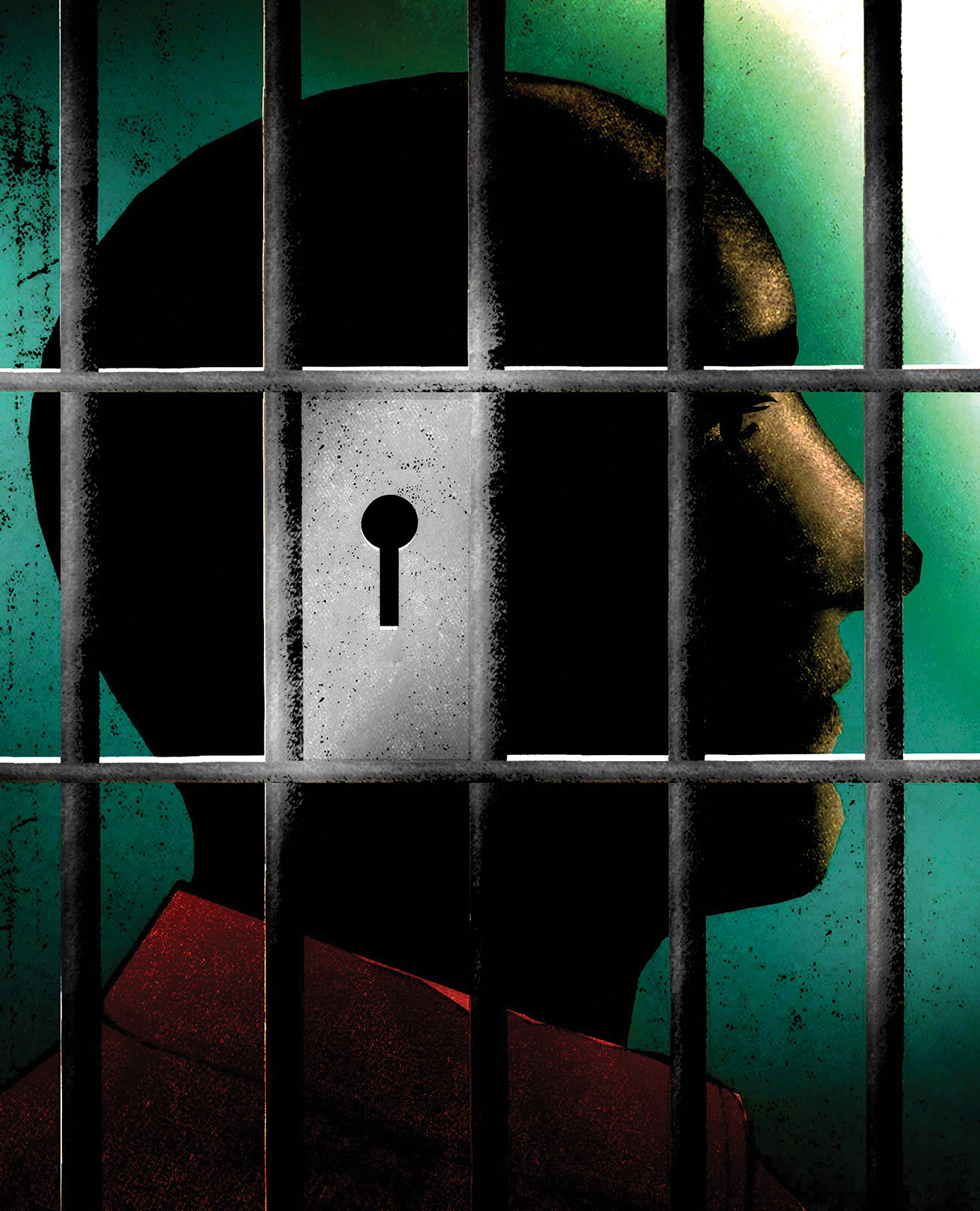Much as it has been on the national agenda in recent years, criminal justice reform has been a topic of considerable discussion at BC Law. Last semester alone saw visits by several advocates for change, a Rappaport Center for Law and Public Policy symposium on the subject, and a powerful argument by a student veteran of the War on Drugs who writes that the fight is unwinnable.
Their search for solutions to failed policies, high costs, mandatory minimum sentences, huge prison populations, recidivism, and a host of other factors that have contributed to an overburdened infrastructure and a degraded understanding of justice, resonates in every corner of America, in blue states and red, and at every level of government.
In the 2016 election, for example, criminal justice reform ballot initiatives were victorious in many states, even some with tough-on-crime reputations. Yale law professor James Forman Jr. wrote in the New York Times that among the outcomes were the reclassification of certain drug and theft felonies as misdemeanors (New Mexico), and the authorization for judges, rather than prosecutors, to decide when to try juveniles as adults (Oklahoma).
The latter decision is resonant with the theory that juvenile justice reformer Adam Foss put forward in his lecture at BC Law that prosecutors, as sentries at the door to the criminal justice system, are uniquely positioned to effect positive change if they use their discretion more judiciously.
Massachusetts Supreme Judicial Court Chief Justice Ralph D. Gants, in his keynote at the Rappaport symposium, called for a change in what probation and parole do, and held that adequately funded recovery, education, and assimilation programs would be far more effective and economical than existing methods in decreasing recidivism. “Parole programs cost $20,000 per participant, prison terms cost over $50,000 per participant,” he said, citing state figures.
The data on these pages provide a numerical snapshot of factors that have contributed to the concerns of Gants and others who spoke here of reform. As activist Edwin Lindo said during his appearance: “It’s time for us to create our own enlightened period. Let’s not talk about reform. Let’s transform.”
To view the infographic, click here.
Mitchell Perne ’18 contributed to this report.



